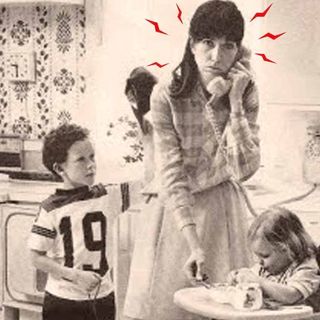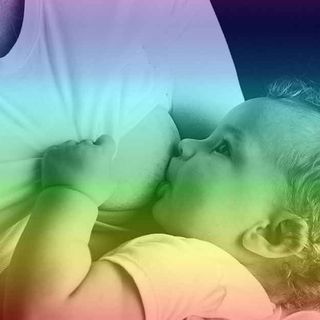Every woman knows someone it happened to: someone who started hormonal birth control and seemingly went off the rails. And while some amount of emotional disruption can happen any time we play with our hormone levels, we now know that the pill — along with other forms of hormonal birth control — doesn’t cause clinical depression. A new study out of the Ohio State University Wexner Medical Center has found, after a meta-analysis of available studies, no evidence to support any link between clinical depression and progestin-only birth control.
“Depression is a concern for a lot of women when they’re starting hormonal contraception, particularly when they’re using specific types that have progesterone,” says Dr Brett Worly, lead author of the study and OB/GYN at Wexler. However, “based on our findings, this side effect shouldn’t be a concern for most women, and they should feel comfortable knowing they’re making a safe choice.”
The team evaluated thousands of studies, spanning 30 years’ worth of research, on the effects of progestin-only contraceptives on mental health. Birth control methods examined injections, pills and implants. The researchers further analysed the effects that hormonal birth control had on postpartum women, adolescents, and women with a history of depression, reaching the same conclusion for each group: there wasn’t enough evidence to suggest a link between clinical depression and hormonal birth control.
So, what are we to make of all those stories about friends who have suffered emotional roller-coasters after starting birth control?
First, it’s important to recognize the difference between emotional volatility, mood swings, melancholy (what many colloquially call feeling “depressed”) and true clinical depression. “We studied the relationship between the disease depression and progestin-only contraception. Depression, as a disease, is narrowly defined and can be objectively measured,” Worly clarifies. “We did not study mood changes or depressed mood, which are difficult to objectively define and measure.”
He says the temporary condition of depressed feelings or mood changes in relation to hormonal birth control is something that needs to be studied further. So while women who take hormonal birth control may experience mood swings, this study has concluded that the birth control does not cause the clinically accepted definition of depression.
Second, depression is surprisingly common, particularly in women, with as many as 10 to 20% of women developing depression at some point in their lives. (Adolescents and pregnant moms have a higher risk.) Many factors are influential in a woman getting depression, and while some individuals may get depression while on progestin-only contraception, it’s not the hormone-based medicine that causes it.
Finally, Worly acknowledges the validity of women’s worry about their mental health. Even if there’s proof hormonal birth control doesn’t cause depression, he says, women should still seek honest and open communication with their doctors about their concerns.
“We live in a media-savvy age where if one or a few people have severe side effects, all of a sudden, that gets amplified to every single person,” he said. “The biggest misconception is that birth control leads to depression. For most patients that’s just not the case.”




